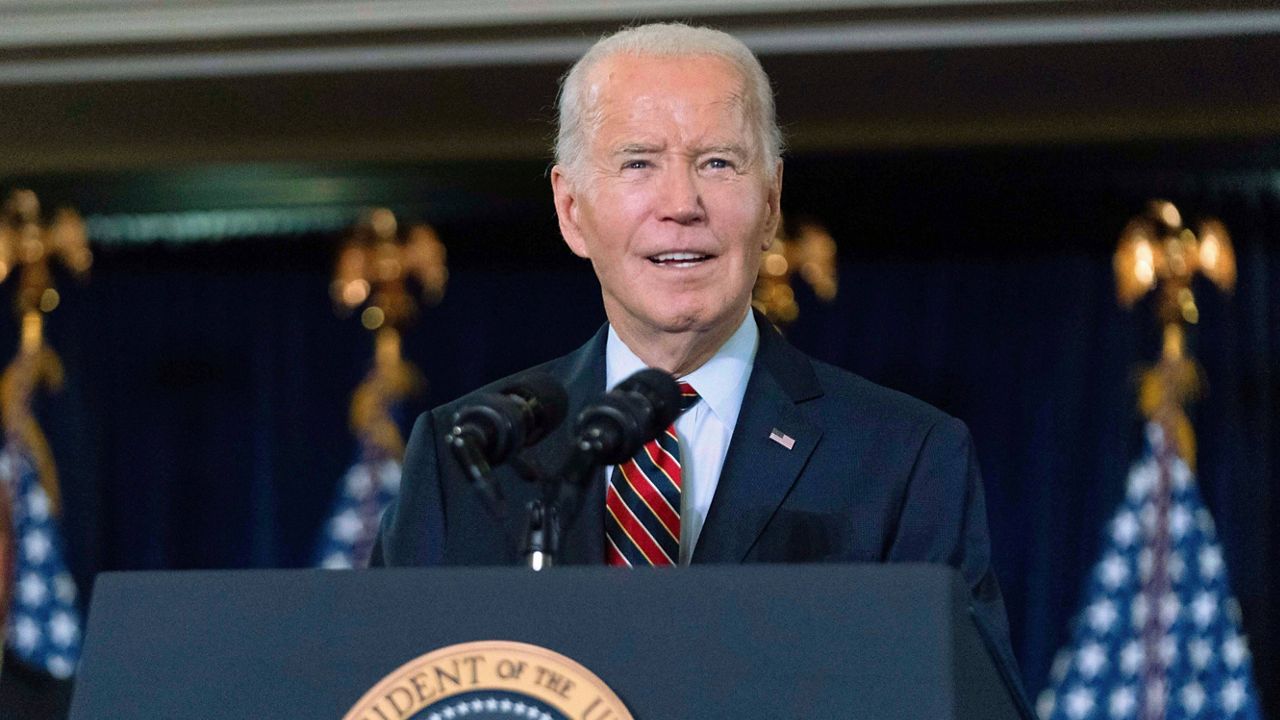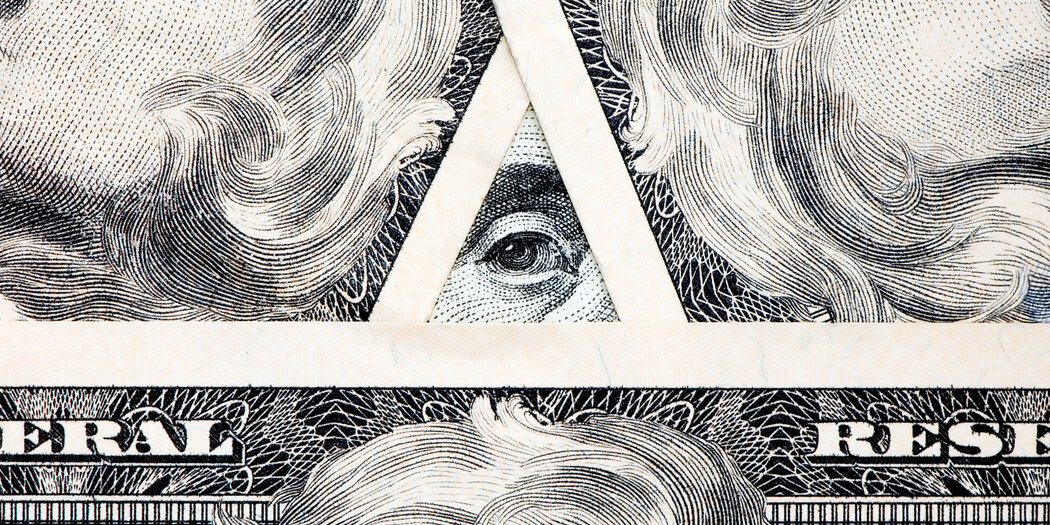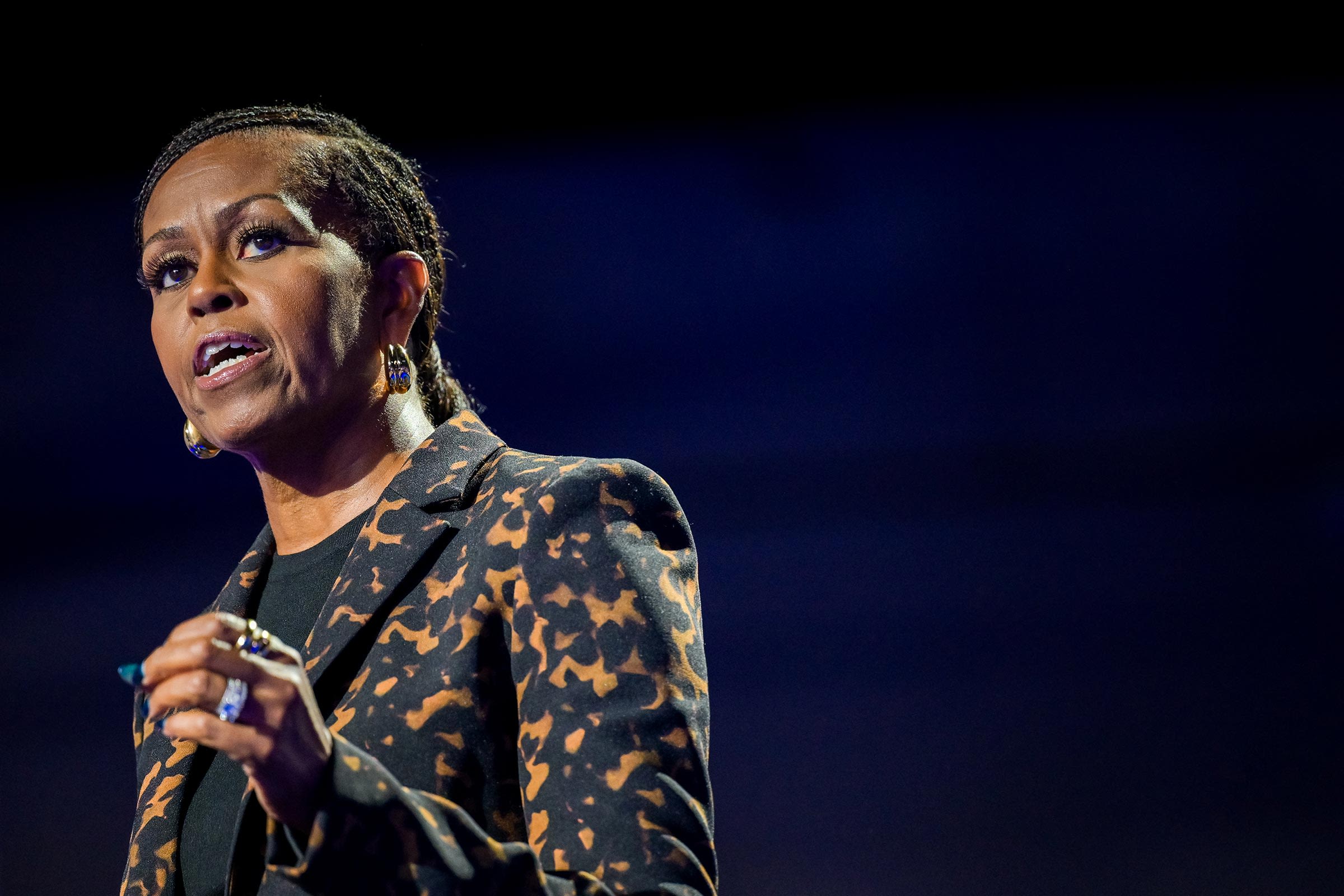- BlackVoter.Org
- Posts
- BlackVoter.Org
BlackVoter.Org


Join us on Monday, January 20, 2025, for a special MLK Day celebration at the Cleveland History Center, where we'll honor the remarkable legacy of Reverend Dr. Martin Luther King Jr.
Open from 10:00 am to 4:00 pm, this event is FREE, allowing you to explore all museum galleries packed with enriching content! Experience engaging activities, including special tours, art displays by Bonnie Venable and Rodney Carpenter, and an exhibition showcasing Black photographers in Cleveland. Families can enjoy rides on the Grand Carousel for just $3, and the WRHS Genealogy Committee will be on hand to assist you in researching your family history.
Plus, don’t miss the insightful exhibitions about the Poor People's Campaign, echoing Dr. King’s vision for social justice.

In a significant diplomatic move, President Joe Biden is set to lift Cuba's designation as a state sponsor of terrorism, a decision tied to a deal that would see the release of political prisoners on the island. The announcement comes as the Biden administration notifies Congress, aiming to ease economic pressures that have built up since the Trump era’s stricter policies.
Senior officials revealed that many political prisoners will be freed by January 20, 2025, while also highlighting that recent assessments found "no credible evidence" linking Cuba to terrorism. However, this shift is expected to face pushback from the incoming Trump administration, which has promised to challenge Biden's actions.
The news has sparked a flurry of reactions, with critics asserting that the Cuban government continues to engage in activities linked to terror. As this political chess game unfolds, the future of U.
S.-Cuba relations hangs in the balance.

In a fiery House Oversight Committee hearing, tensions escalated between Representatives Nancy Mace and Jasmine Crockett about civil and transgender rights. The clash peaked when Mace sarcastically challenged Crockett to “take it outside,” following a heated exchange over Mace’s controversial comments on transgender issues.
Crockett criticized Mace's rhetoric, suggesting it aimed to incite fear for fundraising purposes, to which Mace took offense, asserting her maturity and authority. Committee chair James Comer attempted to restore order, interpreting Mace's challenge as an invitation for a constructive debate rather than a physical confrontation.
Both representatives later took to social media to defend their stances, with Mace clarifying her intentions and Crockett denouncing Mace’s behavior as attention-seeking. This incident highlights the ongoing tensions within Congress surrounding civil rights, particularly in the context of transgender issues, echoing past contentious committee dynamics.

Stephen A. Smith, ESPN's prominent sports commentator, stirred the pot when he candidly expressed his relief after Donald Trump's victory in the 2020 election, despite not voting for him.
His unexpected reaction has ignited a firestorm of discussions across social media, delving into the complex feelings and political pressures he faced during the election cycle. Smith reflected on his personal encounters with Trump, sharing insights about the overwhelming expectations from the Democratic Party and the stresses of navigating racial politics and media influence.
His admission highlights a growing conversation within the African American community about political autonomy and the impact of societal pressure on voting choices. As Smith's thoughts resonate widely, they call for a more nuanced understanding of individual political beliefs, urging public figures to engage authentically in political discourse.
His openness not only sheds light on personal struggles but also encourages a broader dialogue about navigating the intricate relationship between personal conviction and political loyalty.

In a striking analysis from the Brennan Center for Justice, Michael Waldman signals a troubling reality: the influence of money in politics has reached unprecedented heights, reshaping American democracy. The aftermath of the landmark Citizens United decision has paved the way for ultra-wealthy donors—like Elon Musk, who contributed over $250 million to support Trump—to dominate political campaigns in ways previously unseen.
While grassroots fundraising efforts thrive, they are being overshadowed by a few wealthy individuals essentially steering political agendas and institutional power.
Waldman warns that the intertwining of wealth and political influence risks transforming democracy into an oligarchy.
He calls for urgent reforms, including stricter donor disclosure laws and methods to rein in super PACs, plus a push to overturn Citizens United. As our political landscape evolves, Waldman urges a collective response to safeguard democracy from this escalating power imbalance.

In a break from tradition, former First Lady Michelle Obama will not attend Donald Trump’s inauguration, her office has confirmed. While former President Barack Obama will be present, Michelle's absence highlights her longstanding criticism of Trump, whom she has accused of jeopardizing her family's safety through his statements.
This decision follows her noticeable absence at a recent memorial service for former President Jimmy Carter, where Barack Obama engaged with Trump. Michelle has previously reflected on the emotional turmoil of attending Trump’s 2017 inauguration, describing it as a stark contrast to the diversity of representation she values.
With other former first ladies, like Hillary Clinton and Laura Bush, participating in ceremonial events, Michelle's choice to skip the inauguration marks a significant departure in the political landscape. Her decision encapsulates the ongoing tensions and divisions that have characterized the current political era.

In a thought-provoking article from The Good Men Project, William Spivey delves into the perplexing phenomenon of some Black individuals supporting white supremacy. He argues that, although this group is small, their motivations can stem from various factors, including a quest for power, fame, or financial gain.
Spivey traces the roots of white supremacy in America back to historical events like Bacon’s Rebellion, illustrating how a system of oppression has evolved over centuries to maintain wealth and privilege for a select few. He highlights that while some Black leaders aim for change from within, others may inadvertently contribute to systemic racism, often in pursuit of personal gain.
The article critiques prominent figures who align themselves with white supremacist ideologies for profit, emphasizing the ongoing struggle against systemic racism and the importance of integrity in political affiliations. Ultimately, Spivey challenges readers to question why anyone would support a framework that undermines their own community.

